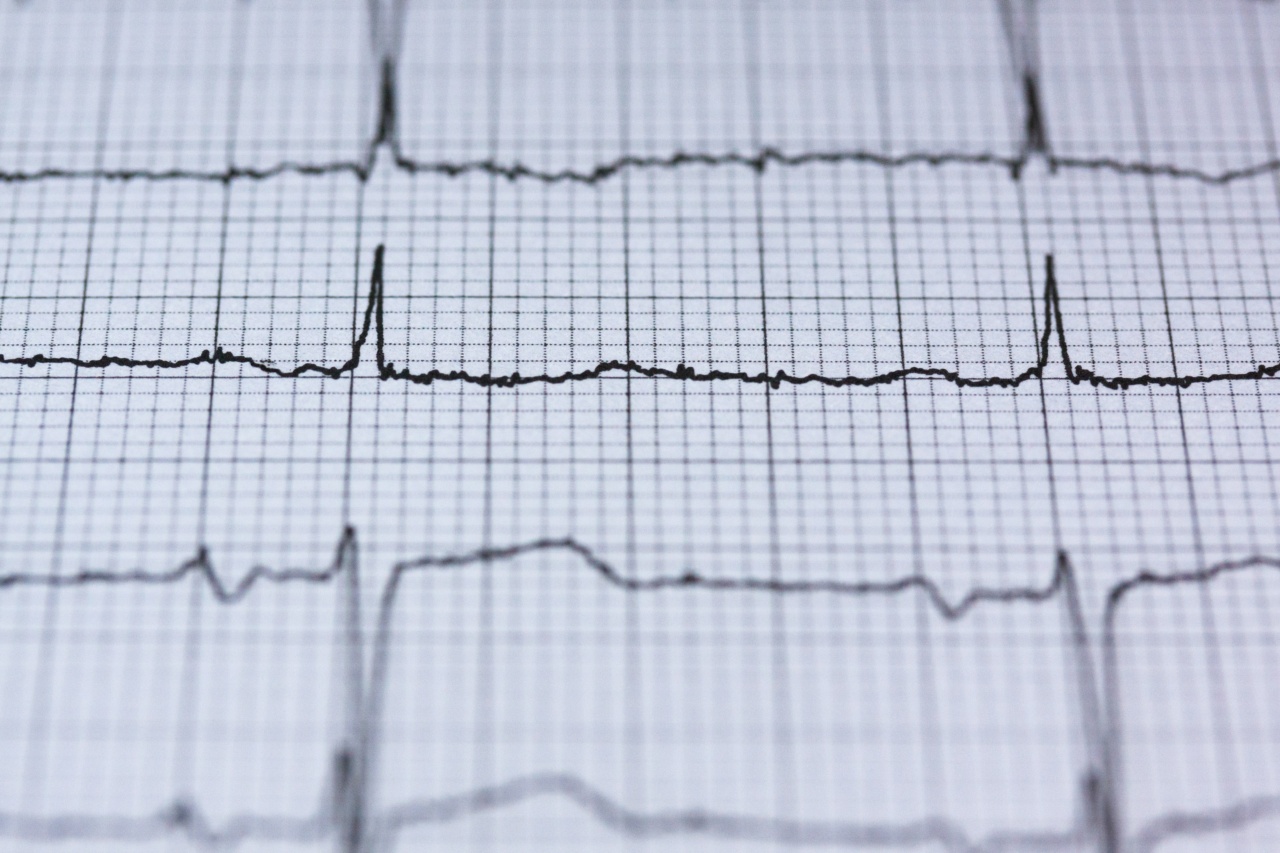Irregular heart rhythms, also known as arrhythmias, are disruptions to the normal rhythm of the heart.
This can occur when the electrical signals that coordinate your heart’s rhythm don’t work properly, causing your heart to beat too slowly, too quickly, or irregularly. Arrhythmias are a common condition, affecting millions of people each year. While most arrhythmias are harmless, some types can be life-threatening, particularly if they lead to a heart attack.
What is a heart attack?
A heart attack, also known as myocardial infarction, occurs when the blood flow that brings oxygen to the heart muscle is severely reduced or blocked, typically by a blood clot.
When the heart muscle lacks oxygen, it can be damaged or die, leading to a heart attack. Heart attacks are a serious condition that can be fatal if not treated promptly.
The correlation between irregular heart rhythms and heart attack
While not all arrhythmias lead to heart attacks, certain types of irregular heart rhythms can increase your risk for heart attack. One such type is atrial fibrillation, or AFib.
AFib is a common arrhythmia that occurs when the heart’s upper chambers beat irregularly, causing blood to pool and potentially form clots. If a clot travels to the heart’s arteries, it can cause a heart attack.
Another type of arrhythmia that can increase your risk for heart attack is ventricular fibrillation, or VFib.
VFib occurs when the heart’s lower chambers contract in a fast, chaotic rhythm that prevents the heart from effectively pumping blood to the body. This can lead to cardiac arrest and sudden death if not promptly treated.
In addition to these types of arrhythmias, other factors that can increase your risk for both arrhythmias and heart attack include high blood pressure, diabetes, smoking, and a family history of heart disease.
How are irregular heart rhythms and heart attacks diagnosed?
If you experience symptoms of an irregular heart rhythm or a heart attack, it’s important to seek medical attention promptly. Common symptoms of AFib include a fluttering sensation in the chest, shortness of breath, weakness, and fatigue.
Symptoms of a heart attack can include chest pain or discomfort, shortness of breath, nausea or vomiting, and cold sweats. A doctor can perform a physical exam, EKG, and blood tests to diagnose both arrhythmias and heart attacks.
How are irregular heart rhythms and heart attacks treated?
Treatment for arrhythmias and heart attacks depends on the type and severity of the condition.
For AFib, treatment may involve medications to regulate the heart’s rhythm or procedures to restore normal rhythm, such as cardioversion, catheter ablation, or maze surgery. For heart attacks, quick treatment is essential. Medications such as aspirin, nitroglycerin, and clot-busting drugs may be given to help restore blood flow.
In some cases, procedures such as angioplasty or bypass surgery may be needed to restore blood flow to the heart.
Prevention of irregular heart rhythms and heart attacks
There are several steps you can take to reduce your risk for both arrhythmias and heart attacks, including:.
- Eating a healthy diet that is low in saturated and trans fats, cholesterol, and sodium
- Exercising regularly
- Maintaining a healthy weight
- Quitting smoking
- Avoiding excessive alcohol consumption
- Managing stress levels
- Treating and managing other health conditions, such as high blood pressure and diabetes
By taking these steps, you can help reduce your risk for arrhythmias and heart attack, and promote overall heart health.
Conclusion
Irregular heart rhythms, or arrhythmias, are disruptions to the normal rhythm of the heart. While most arrhythmias are harmless, certain types can increase your risk for heart attack.
AFib and VFib are two types of arrhythmias that can increase your risk for heart attack, and other factors such as high blood pressure, diabetes, smoking, and family history can also contribute to your risk. If you experience symptoms of an irregular heart rhythm or heart attack, seek medical attention promptly. Treatment for arrhythmias and heart attacks depends on the type and severity of the condition.
By taking steps to reduce your risk for arrhythmias and heart attack, such as maintaining a healthy diet and exercise routine, quitting smoking, and managing other health conditions, you can promote overall heart health.





























